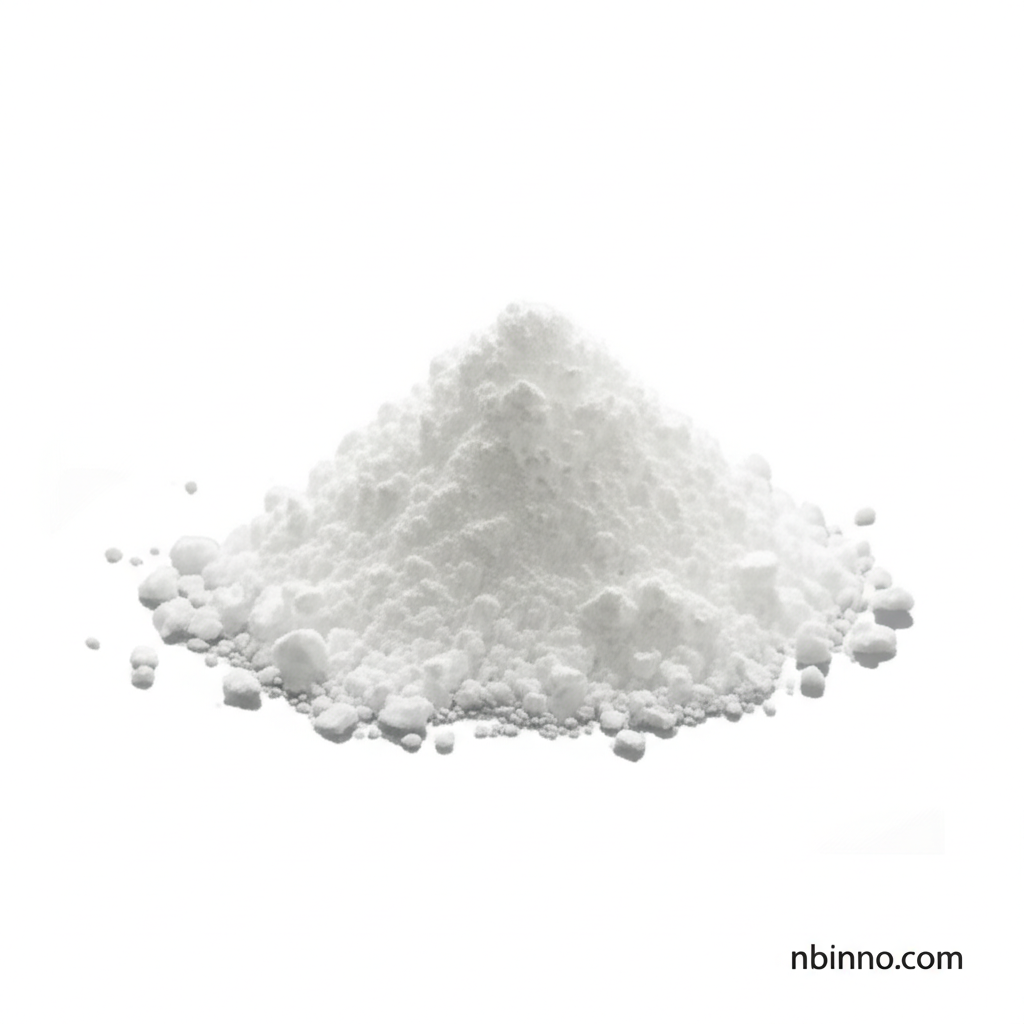Erythromycin Thiocyanate: A Powerful Macrolide Antibiotic Solution
Discover the therapeutic potential of Erythromycin Thiocyanate for combating bacterial infections in livestock and poultry.
Get a Quote & SampleProduct Core Value

Erythromycin Thiocyanate
Erythromycin Thiocyanate is a highly effective macrolide antibiotic known for its broad-spectrum activity. It plays a critical role in treating various bacterial infections by targeting the 50S ribosomal subunit, thereby inhibiting bacterial protein synthesis. Its efficacy against strains like penicillin-resistant staphylococcus makes it an invaluable therapeutic agent.
- Discover the role of Erythromycin Thiocyanate in treating penicillin-resistant staphylococcus infections and providing essential care for animal health.
- Learn about its mechanism as a bacterial protein synthesis inhibitor, crucial for understanding its efficacy.
- Explore the applications of this macrolide antibiotic in safeguarding the health of livestock and poultry against common pathogens.
- Understand why Erythromycin Thiocyanate CAS 7704-67-8 is a go-to solution for various Gram-positive bacteria infections.
Key Advantages
Broad-Spectrum Efficacy
Combat a wide array of bacterial pathogens, including those resistant to other antibiotics, by leveraging the power of Erythromycin Thiocyanate.
Targeted Action
Effectively halts bacterial growth by interfering with essential protein synthesis, offering a precise approach to infection management.
Livestock and Poultry Health
Ensure the well-being and productivity of your animals by treating critical infections such as those caused by streptococcus and mycoplasma.
Key Applications
Livestock Infection Treatment
Administering Erythromycin Thiocyanate helps in the recovery of animals suffering from bacterial diseases, improving overall herd health.
Poultry Disease Management
Protect poultry flocks from debilitating infections, ensuring better growth rates and reducing mortality through targeted antibiotic therapy.
Treatment of Resistant Strains
An effective solution for infections caused by bacteria that have developed resistance to traditional treatments like penicillin.
Control of Gram-Positive Bacteria
Provides a reliable defense against prevalent Gram-positive bacteria that can cause significant economic losses in animal agriculture.
